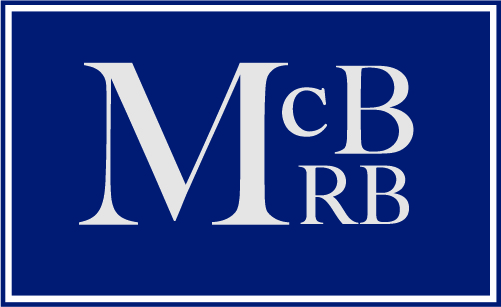1972 · [New York
by Chisholm, Shirley
[New York: N.G. Slater, 1972. Near fine.. Photographically-illustrated broadside, text printed in red and black. Light wear. A rare presidential campaign poster for trailblazing African-American politician Shirley Chisholm's 1972 run for the White House. In 1968, Chisholm had become the first African-American woman elected to Congress, representing New York's 12th Congressional District, but she swiftly set her sights higher. Four years later, she became the first African-American candidate to seek a major party's nomination for the presidency. Though her effort ultimately failed, the present political poster stands as a important artifact of Chisholm's groundbreaking campaign. The poster features a large portrait of a bespectacled Chisholm speaking and gesticulating at her desk. The catchphrase employed on the present poster, "Unbought and Unbossed" comes from the title of Chisholm's autobiography, published during her first term in Congress in 1970.
"Born in Brooklyn, New York, on November 30, 1924, Chisholm was the oldest of four daughters to immigrant parents Charles St. Hill, a factory worker from Guyana, and Ruby Seale St. Hill, a seamstress from Barbados. She graduated from Brooklyn Girls’ High in 1942 and from Brooklyn College cum laude in 1946, where she won prizes on the debate team. Although professors encouraged her to consider a political career, she replied that she faced a 'double handicap' as both Black and female.... Ever aware of racial and gender inequality, she joined local chapters of the League of Women Voters, the National Association for the Advancement of Colored People (NAACP), the Urban League, as well as the Democratic Party club in Bedford-Stuyvesant, Brooklyn. In 1964, Chisholm ran for and became the second African American in the New York State Legislature. After court-ordered redistricting created a new, heavily Democratic, district in her neighborhood, in 1968 Chisholm sought -- and won -- a seat in Congress. There, 'Fighting Shirley' introduced more than 50 pieces of legislation and championed racial and gender equality, the plight of the poor, and ending the Vietnam War.... Discrimination followed Chisholm’s quest for the 1972 Democratic Party presidential nomination. She was blocked from participating in televised primary debates, and after taking legal action, was permitted to make just one speech. Still, students, women, and minorities followed the 'Chisholm Trail.' She entered 12 primaries and garnered 152 of the delegates’ votes (10% of the total) -- despite an under-financed campaign and contentiousness from the predominantly male Congressional Black Caucus" - National Women’s History Museum. (Inventory #: 5388)
"Born in Brooklyn, New York, on November 30, 1924, Chisholm was the oldest of four daughters to immigrant parents Charles St. Hill, a factory worker from Guyana, and Ruby Seale St. Hill, a seamstress from Barbados. She graduated from Brooklyn Girls’ High in 1942 and from Brooklyn College cum laude in 1946, where she won prizes on the debate team. Although professors encouraged her to consider a political career, she replied that she faced a 'double handicap' as both Black and female.... Ever aware of racial and gender inequality, she joined local chapters of the League of Women Voters, the National Association for the Advancement of Colored People (NAACP), the Urban League, as well as the Democratic Party club in Bedford-Stuyvesant, Brooklyn. In 1964, Chisholm ran for and became the second African American in the New York State Legislature. After court-ordered redistricting created a new, heavily Democratic, district in her neighborhood, in 1968 Chisholm sought -- and won -- a seat in Congress. There, 'Fighting Shirley' introduced more than 50 pieces of legislation and championed racial and gender equality, the plight of the poor, and ending the Vietnam War.... Discrimination followed Chisholm’s quest for the 1972 Democratic Party presidential nomination. She was blocked from participating in televised primary debates, and after taking legal action, was permitted to make just one speech. Still, students, women, and minorities followed the 'Chisholm Trail.' She entered 12 primaries and garnered 152 of the delegates’ votes (10% of the total) -- despite an under-financed campaign and contentiousness from the predominantly male Congressional Black Caucus" - National Women’s History Museum. (Inventory #: 5388)


![Echoes from the Valley of Blessing [Vol. III, No. 1 - Vol. VI, No. 5]](https://d3525k1ryd2155.cloudfront.net/h/788/930/1669930788.0.m.jpg)
![569th Quartermaster Salvage Co. [caption title]](https://d3525k1ryd2155.cloudfront.net/h/785/930/1669930785.0.m.jpg)